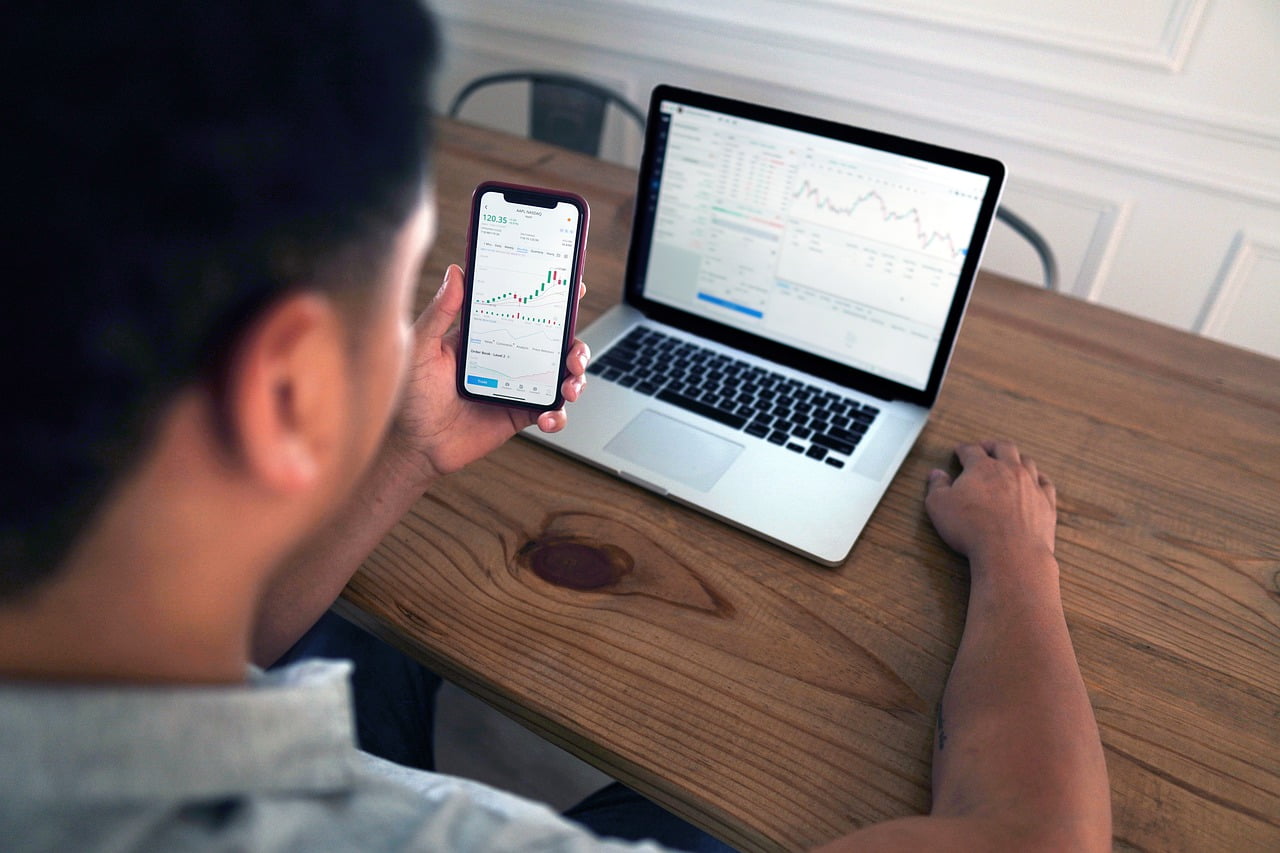Excerpted from Lead With We: The Business Revolution That Will Save Our Future copyright © 2021 by Simon Mainwaring. Reprinted with permission from Matt Holt Books, an imprint of BenBella Books, Inc. All rights reserved.
Q3 2021 hedge fund letters, conferences and more
Repurposing Of Business
COVID-19 and increased consciousness about the associated climate crisis recently catalyzed our great, preexisting sense of urgency, but focused on a repurposing of business. This movement is driven by a coalition of employees, consumers, customers, investors, and the media, all scrutinizing every move business makes. When urgency met higher expectations, the ongoing change accelerated. So, the present and intermediate future requires more “proof of purpose” (POP)—the actions our company takes, our products or services as the embodiment of our values, and our ability to effectively communicate our impact. If we truly intend to build lasting trust, establish integrity, and become part of the solution to our grave collection of coming disasters, (42) we should focus on bolstering our POP.
Yet today, though many companies are providing valuable Lead With We models, we still suffer from a POP famine. “While many big businesses communicate a clear purpose, only a quarter link this purpose to sustainable development. And of those that do, fewer still appear to truly live that purpose,” according to the important 2030 Purpose study undertaken by Deloitte. Perhaps this is owing to the political warzone our world’s become, with real and imagined mines under leaders’ feet at every turn. But these conditions remain our reality on the ground. Employees, consumers, and investors have connected with the dramatic response by business of all sizes to COVID-19, which raised the bar of expectation for every company—and business at large—as we grapple with a challenging (to say the least) future.
For instance, like Ford and Dyson, apparel company SanMar pivoted its manufacturing—in this case from mass-producing concert T-shirts to making masks—not only to survive, but to help others survive, too. “I wasn’t sure we could do it,” CEO Jeremy Lott told me. “Our largest yarn vendor said, “We’re putting together a coalition of American textile companies to make protective masks. We want you to be part of it.” I was all in. SanMar’s story mimics thousands of other corporate journeys.
When PPE was running out, these companies stepped between us and harm. They saved themselves, too, rendering themselves more resistant to negative market forces. They worked to save us all. This was true of countless small businesses, including fashion stores that sewed masks, local restaurants that fed medical practitioners, and solopreneurs struggling to survive simply sending messages of gratitude and support to those taking care of the infected.
A Ramp-Up To Corporate Accountability
In recent years, we’ve seen a ramp-up to corporate accountability regarding environmental sustainability, too, a cornerstone of the SDG list, with large European companies in the vanguard. For example, Swedish global furniture giant IKEA powers most of its stores with solar energy, aiming not only to become electricity neutral, but actually to build a surplus of juice to share with local communities. (45) We also see this commitment in IKEA’s supply chain, where almost half its wood comes from sustainable foresters, and all its cotton from farms that meet the Better Cotton standards. (46) Those are just a few of the many regenerative acts IKEA enacted by following a simple set of efficient, resourceful instructions: “People and Planet Positive.” (47)
All that we achieved in 2020 in response to an “invisible enemy” is emblematic of what we can do, a test run for solving our other challenges. Every system has a breaking point, and ours has reached it. Let’s not lose our momentum, our willingness to push ourselves, to come together and get creative, to take the kind of risks that personify most successful entrepreneurs, businesses, and industries. The good news is the COVID-19 pandemic has mandated a moonshot to redefine the conversation around humanity, business, and the planet. The crisis enabled unprecedented agility in terms of the business response. Many businesses placed primary importance on protecting the health and safety of their employees (which means they can do the same for the communities they serve, all of humanity, and the planet). Starbucks offered employees “catastrophe pay” for working during the lockdowns. Dollar General became, in January 2021, the first major retailer to incentivize inoculations through bonus pay. (Contrast this with retailers like Primark, Zara, and H&M, which faced employee and media backlash over garment worker layoffs and union busting during the crisis. 50) Moving forward, capitalism and the other bastions of our way of life can be redefined around Lead With We thinking: cooperation, collaboration, and partnership in service of a business repurposed. It focuses on what it means to Lead.
About the Author
Simon Mainwaring is founder & CEO of We First, a strategic consultancy accelerating growth and impact for purpose-driven brands. He’s a member of the Steering Committee of Sustainable Brands, the Forbes Business Council, and a Fellow of the Royal Society of Arts. Simon was a Jury Member at the Cannes Lions Festival for the Sustainable Development Goals and Featured Expert Speaker in 2021. He was named a Top 50 Keynote Speaker in the World by Real Leaders in 2020 as and his company, We First, was a Real Leaders’ Top 100 Impact Companies in the US for 2021. His first book, We First was a New York Times bestseller and named Best Marketing Book of the Year by strategy+business. He hosts the Lead With We podcast and connects @SimonMainwaring. More info at www.LeadwithWe.com.













